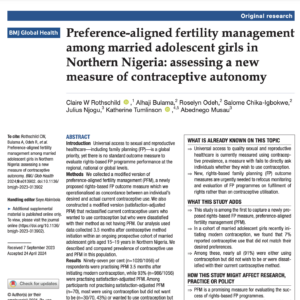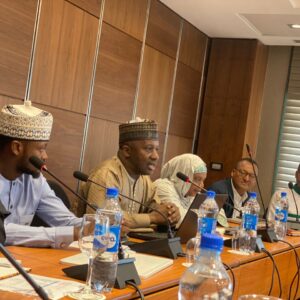In Northern Nigeria, Matasa Matan Arewa (MMA), the first replication of A360, reaches married girls aged 15-19 and their husbands through maternal and child health and skills building classes as entry points to engage in contraceptive counseling.
MMA is implemented in Nigeria by PSI independent network member SFH/Nigeria.
31,915
Girls served with modern contraception
47
hub and spoke facilities across 2 states
84
% of girls voluntarily adopting a method after engaging with A360
28
% of girls voluntarily taking up a long-acting method
Data from Jan. 2018 through July 2020.
Situational Analysis
In Northern Nigeria, the national median age for first marriage is 16.9. 17 percent of girls will married by age 15; 18 percent will be married by age 18.
Within this context, 1 in 5 girls aged 15-19 across Northern Nigeria wants but does not have access to modern contraception. Through Matasa Matan Arewa (MMA)—the first replication of A360’s blueprint—we’re driving toward filling that gap.
Getting Girl-Centered
A360 flips traditional family planning messaging on its head— building from what girls say they want to deliver reproductive health services when and how they need.
Click the below breakouts to explore the insights that shaped how A360 is changing the conversation around contraception.
Insight: Married girls wanted their husbands to be counseled, but separately. Husbands are a major influencer in married girl’s lives.
In the evenings, men like to sit out and relax in groups. Leveraging these gathering, a male IPC agent educates men (husbands/male partners, fathers-in-law) on the health benefits of child spacing and the importance of male support in women’s reproductive health decisions.
Insight: Providers’ attitude are very important to adolescents.
Youth-friendly providers serve girls on site through an opt-out moment with a provider. These interactive sessions speak to girls immediate needs by addressing fears, dispelling myths and exploring the benefits of contraception.
Insight: Married girls want to discuss reproductive health topics and learn new skills, but do not feel comfortable doing so in the same space as their husbands.
Girls feel that in-person interactions encourage bonding with peers and providers, and ultimately influences behavior change. Girls express that meeting at public facilities during open hours legitimizes contraceptive use and builds community support. Husbands will support their wives only if the classes happen at the health facility.
Addressing the needs of married girls in Northern Nigeria and using the health of the baby and mother as an entry point, MMA uses a near-peer mentorship model to increase social support for and access to contraceptive services and vocational training among married adolescent girls. In MMA, women aged 25-30-years-old mentor small groups of married 15–19-year-olds. Meeting twice weekly for a two week period in health facilities, the mentor engages girls in discussions about health, contraception, motherhood, communication, and financial management. The final session concludes with a vocational training.
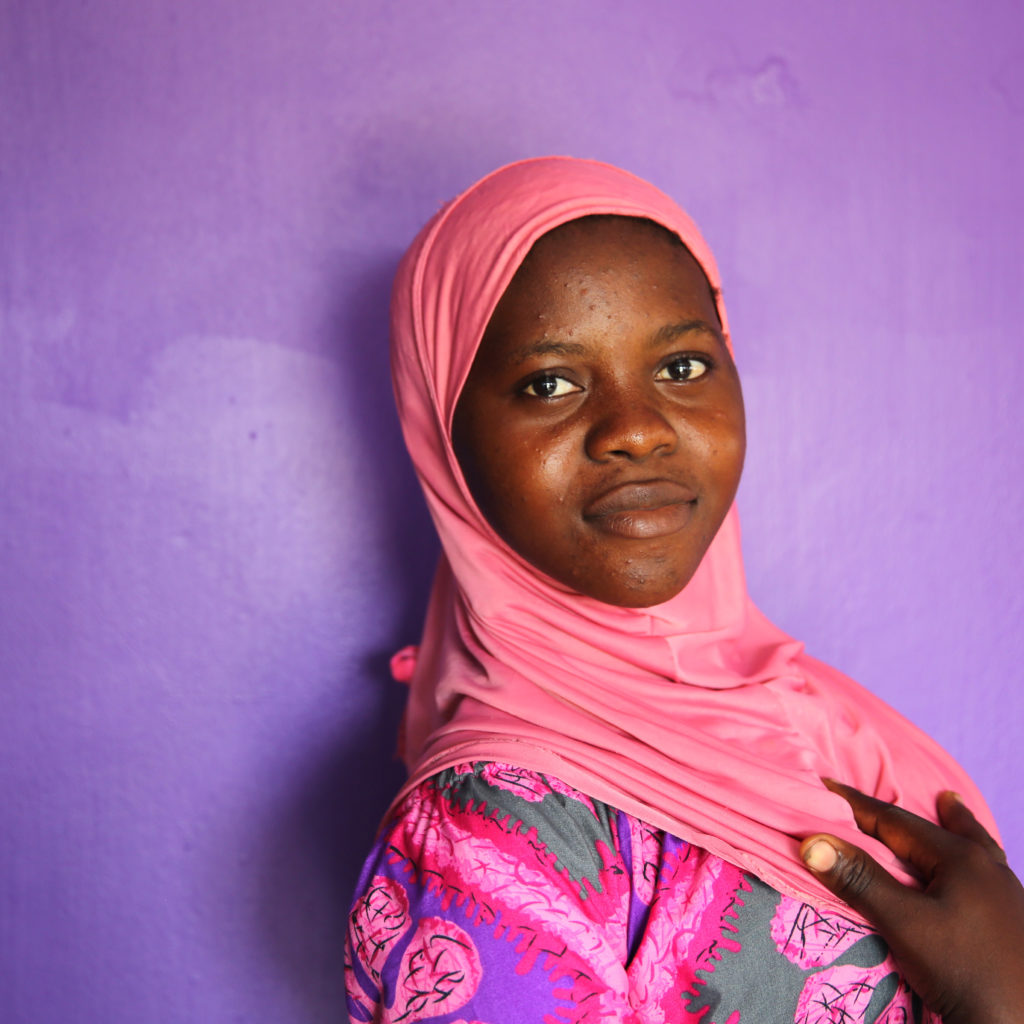
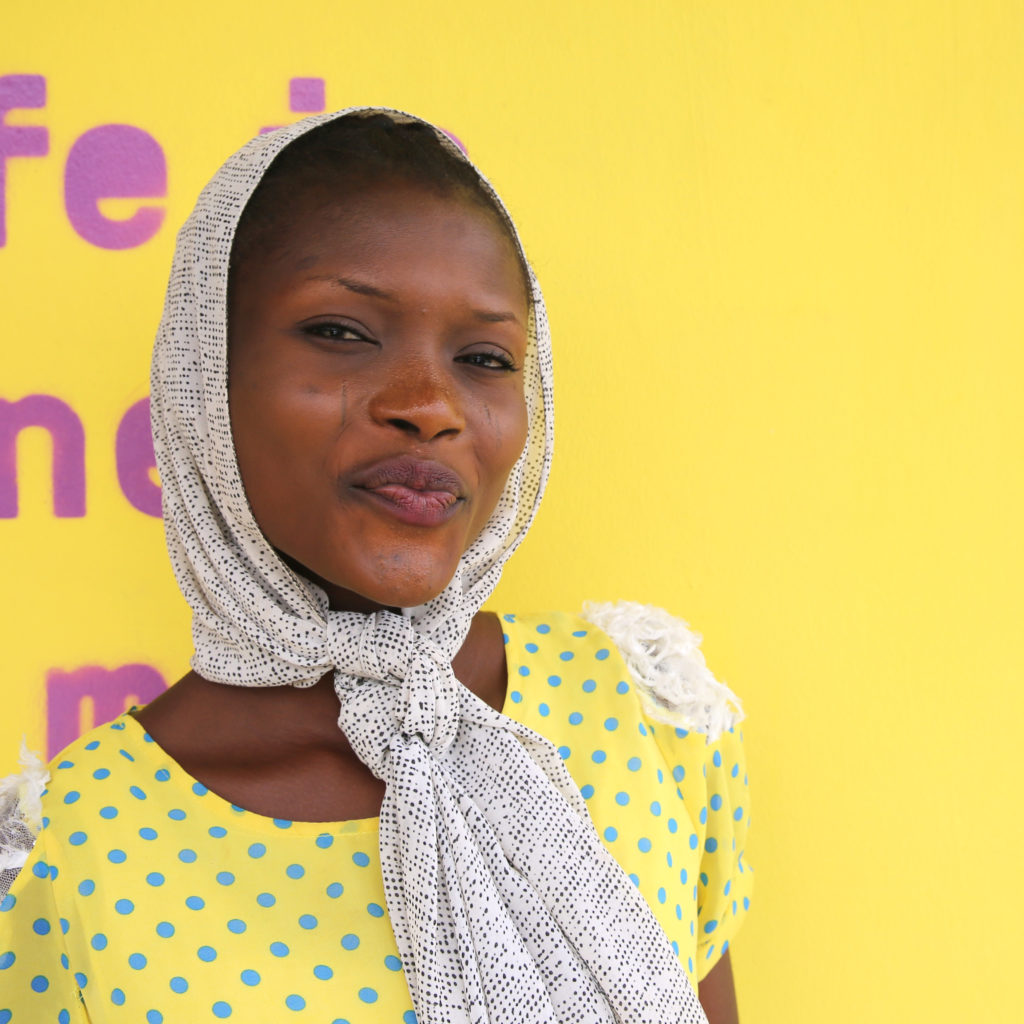
MMA's Approach
MMA uses a two-pronged approach that reaches both young married girls and their husbands through targeted one-to-one outreach by female and male health agents.
In both prongs, MMA navigates northern Nigeria’s more conservative context by aligning contraceptive use with concepts of family health and stability. Services are provided by public sector and nested SFH providers in public facilities.
Click the below breakouts to explore our approach.
The message: You can have a baby, whenever you are ready
Messages emphasize birth spacing as a practice that can help support healthy families, a shared goal within communities.
Women to women - female mentors reach married women
Through a peer mentorship model, young women lead adolescent girls through classes focused on health, nutrition and interpersonal skills, like negotiation. The sessions lead to opt-out contraceptive services with youth-selected health providers.
Seperately, reach out events merge mobilization to create an enabling environments followed by public health center-led service delivery hosted within communities. Communities are identified based on existing unmet need and areas with support from community gatekeepers, including men and religious leaders. Providers receive an abridged youth-friendly health service delivery training.
Getting buy-in from husbands (and other family members), too
Male Interpersonal Communication (IPC) Agents carry out IPC sessions with male influencers, informing them about MMA activities and encouraging them to support girls’ participation.
In more conservative northern Kaduna, IPC agents also enlist male support to refer girls to mentorship sessions.
At the same time, female mentors conduct home visits to introduce MMA to mothers-in-law, co-wives and male partners.
Mentorship sessions
Mentorship sessions offer married girls opportunity to socialize with other girls and discuss goals and mentorship content.
Use rhythm, rhyme, and the rapid imitation method to discuss:
- Nutrition
- Sexual and reproductive health
- Negotiation skills for shared decision-making with their spouses
- Income generating and savings skills
Mentorship program comprises 4 sessions over 2 weeks.
- Organized so girls participate and ‘graduate’ in cohorts.
- Girls actively participate.
- Mentors normalize the decision to seek services using an opt-out approach.
- All messages position contraception as “birth spacing,” in support of healthy children, mothers and families. Aligns with girls’ goals to support their families to thrive, and the conservative northern Nigerian context.
MMA is A360's first replication
In Southern Nigeria, IDEO equipped local NGO, Society for Family Health Nigeria (SFH) to develop prototypes rooted in girls’ insights—laying the foundation for SFH to venture into Northern Nigeria, without an international partner. MMA is recording higher LARC uptake than the national average (0.1%)—proving the power in building capacity with before passing the reigns to local partners who understand the contextual challenges specific to the environments in which we operate.
Voices From The Field
When I look at my children, they are growing strong, not sickly, and she is not pregnant yet. I’m so thankful for [MMA].

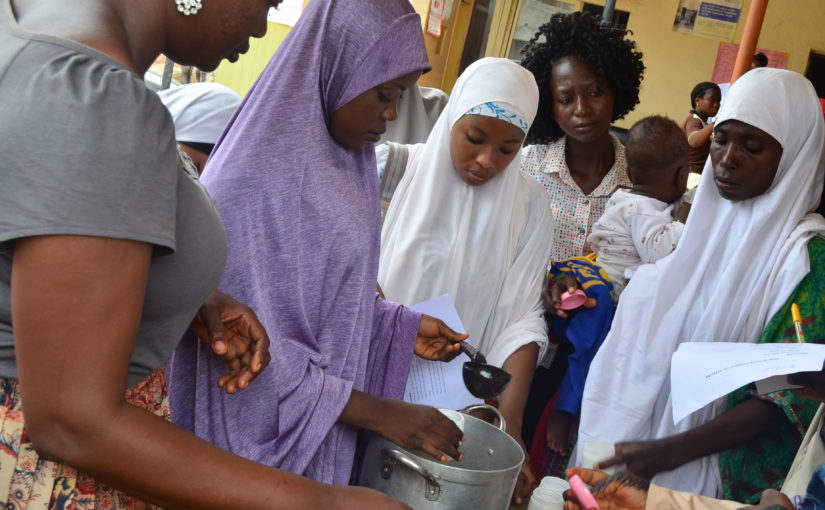
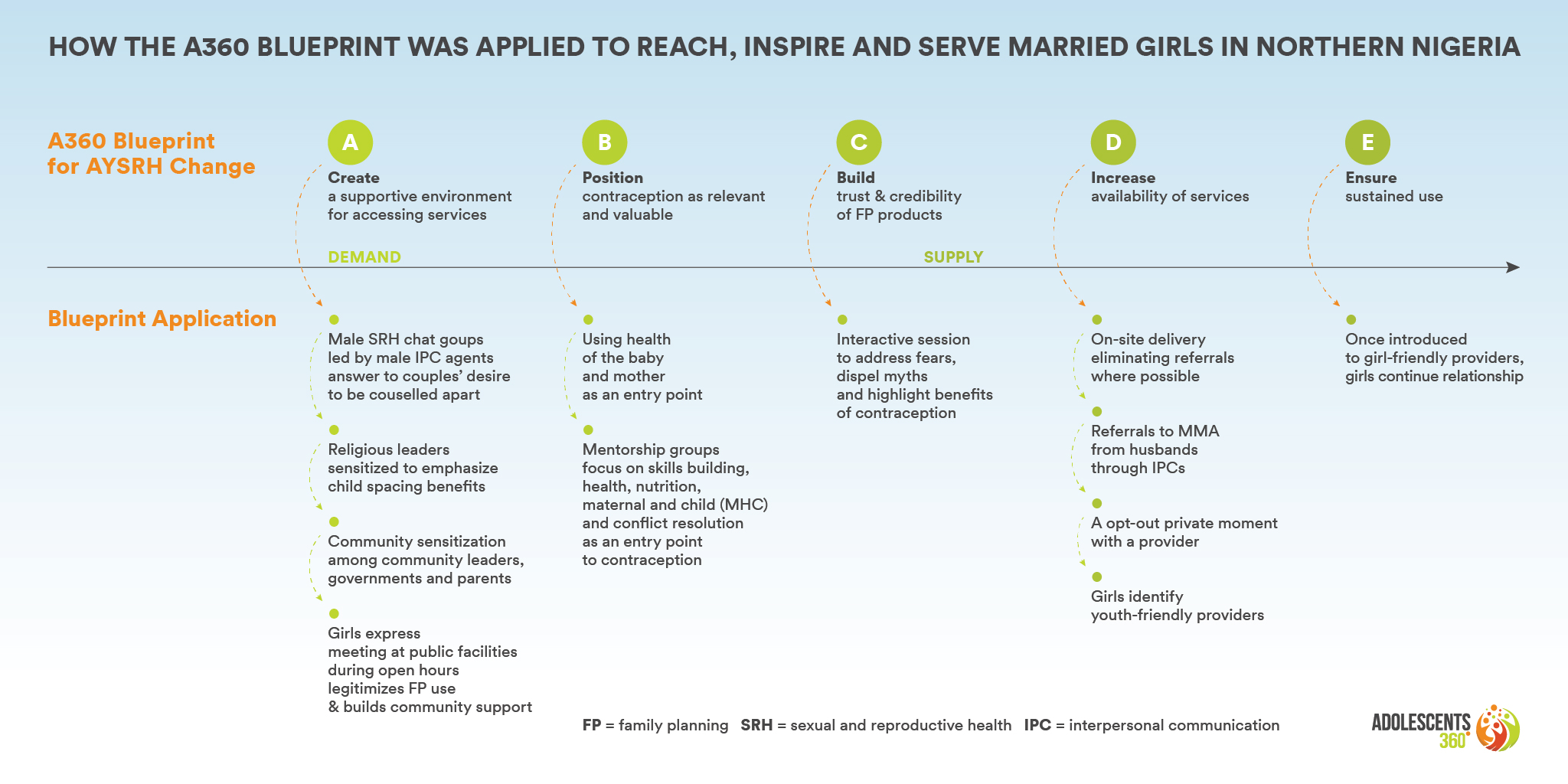 Click to expand
Click to expand